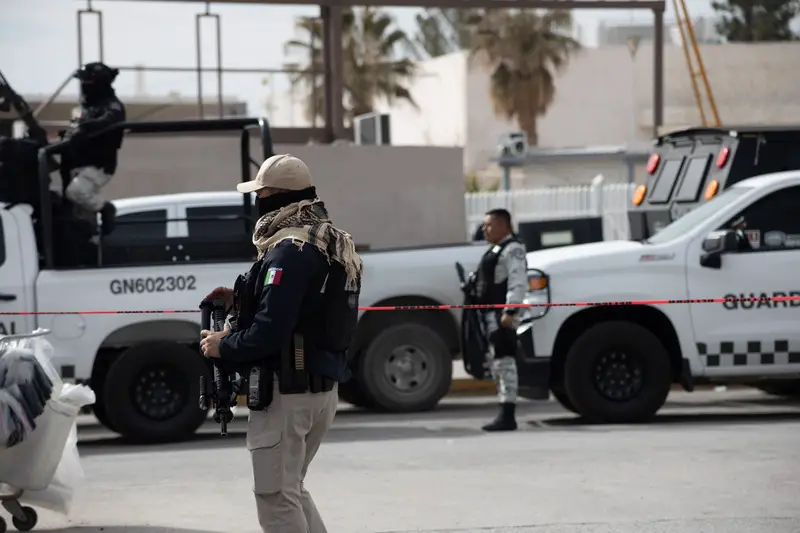On January 9, 2024, authorities in the heart of Mexico uncovered the remains of nine men in vehicles near a government fuel line. Their deaths are currently under scrutiny, with early indications pointing towards probable links to fuel theft.
The chief of police in San Juan del Rio, Queretaro, Ángel Rangel Nieves, reported finding the corpses inside two vehicles parked close to the pipeline situated north of Mexico City. The cars had license plates registered in Hidalgo, a state infamous for its high prevalence of fuel theft.
Since President Andrés Manuel López Obrador assumed office in December 2018, a major focus of his administration has been to challenge the rampant issue of fuel theft. Thousands of soldiers have been deployed to guard the pipelines, but unlawful taps have persisted, amounting to around 5,600 in 2023 – a reduction from 7,000 seen in prior years but comparable to figures from the outset of López Obrador’s term.
The government’s crackdown on the trade of pilfered fuel yielded a reduction in sales volume for a period. The illegally acquired fuel has been distributed by wayside vendors and sometimes at legitimate filling stations. The financial damage sustained by the national oil enterprise, Petroleos Mexicanos, from these thefts reduced to an annual low of $275 million in the years 2019 and 2020. Nonetheless, these losses soared past $1.1 billion in 2022.
The safety of locals is jeopardized by unauthorized access to pipelines, which also sparks violent conflicts among criminal groups. Thieves have been known to leave pipeline taps open to get support from local communities. A catastrophic consequence of this action occurred on January 18, 2019, when a blast at a pipeline unlawfully accessed in the Hidalgo state resulted in the deaths of at least 134 people in the town of Tlahuelilpan, where locals had gathered to collect the spilling gasoline.
The battle against the siphoning of fuel also has implications for the United States. Last October, an episode involving cartel gunmen reportedly forcing tanker drivers to surrender their fuel loads came to light in Matamoros, a city near Brownsville, Texas.











